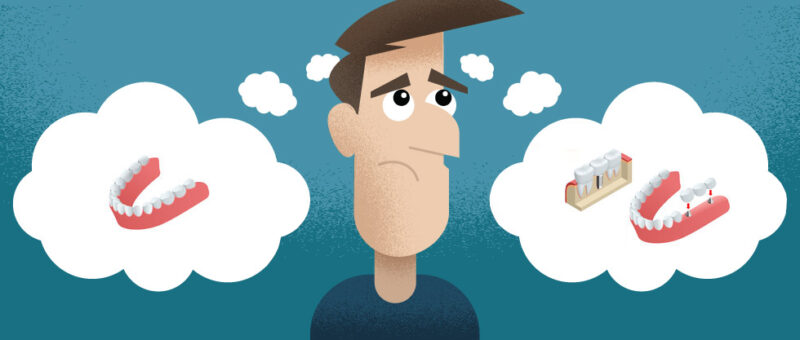Smiling can do more than just light up your face. Psychologists have found there are ten benefits of smiling that you may (or may not) have discovered. Some can even be used for your benefit.
1. Smiling because you got caught
People, for some reason or another, tend to smile automatically when caught doing something wrong or breaking a rule, whether it be speeding or sneaking an extra dessert out of the kitchen. This often causes others to be more lenient on them, and catch them a break, even if their smile was not the most genuine of expressions.
2. Smiling for trust
Smiling causes others to be more likely to trust you. A genuine smile can emote generosity, among other good qualities. A smile increases people’s willingness to trust you by about 10%, according to a psychological study.
3. Smiling at happy news
Women are especially likely to do this. When others share with us their joyful news or a positive story, we often smile (or muster one up if needed) to share in their happiness, whether we are actually happy for them or not. Many of us think that if we don’t smile at someone’s good news, the person will think bad of us afterwards.
4. Smiling out of embarrassment
It’s bound to happen–you trip down the steps in front coworkers, forget an acquaintance’s name, or forget to complete a task for a spouse or friend. An embarrassed smile is often coupled with a small laugh and a break in eye contact in order to escape or minimize embarrassment in an awkward social situation. And it works! Typically, people are more forgiving of those who have a sense of humor and are able to laugh it off.
5. Smiling for a relationship
For women at least, a smile is an easy way to get noticed, and when polled, men are more attracted to women who smile and are more likely to strike up a conversation with them. Interestingly enough, women are not more attracted to men who smile a lot. Often women saw too much smiling as a sign of pride.
6. Smiling for insight
When we smile, our brains are naturally in a better place to see the big picture in situations. When a situation requires you to think more holistically, a smile may be in order.
7. Smiling through the hurt
A smile, even a forced one, naturally boosts your mood. In distressing or sad situations, some people smile, which can help relieve some of the pain they feel. This is not perceived well by others. When surveyed, people found it unnerving and inappropriate to see someone smiling when faced with a painful situation.
8. Smiling for others
If you smile, people usually smile back! Your smile can brighten someone else’s mood, sometimes even automatically. Hardly anyone will return a frown with a frown.
9. Smiling for money
In some professions, a smile can mean a job well done. Flight attendants as well as people in the hospitality and entertainment industry are essentially paid to smile and be friendly to others. Waitresses are often tipped higher if they smile. Unfortunately, jobs that require emotional labor (a mismatch between felt and displayed emotion) often lead to quick burn-out.
10. Smiling to fake it
Psychologists have studied in much detail the difference between a fake and a real smile. A fake smile involves just the mouth muscles, while a real smile reaches all the way up to the eyes. Most people can tell the difference too. However, studies show that up to 80% of the population can actually fake the crinkly eyes necessary for a “real” smile. There is another necessary component to a real smile which isn’t as easy to fake–timing. Many people are able to smile to mask their true emotions, but a trustworthy smile takes at least a half of a second to spread across the whole face.

